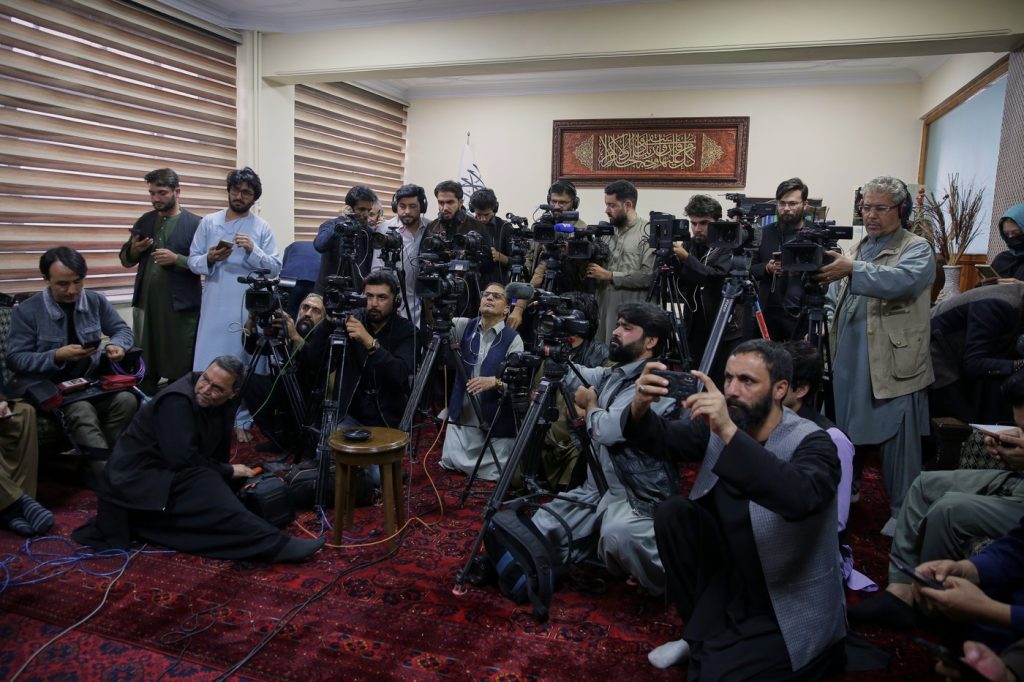Peace talks between Pakistan and Afghanistan in Istanbul ended without an agreement, leading to mutual accusations regarding the failure to resolve border tensions and maintain a fragile ceasefire. The talks concluded on Saturday after two days of negotiation, which was seen as a significant diplomatic effort following the Taliban's seizure of power in Afghanistan in 2021.
Recent weeks have seen a notable escalation in tensions, driven by deadly border clashes that resulted in numerous casualties among both soldiers and civilians. These hostilities intensified following explosions in Kabul on October 9, which the Taliban government claimed were drone strikes executed by Pakistan. In response, the Taliban vowed to retaliate, further heightening the conflict. A ceasefire was eventually brokered by Qatar on October 19, though it remains precarious.
Zabihullah Mujahid, the spokesman for the Taliban, attributed the talks' failure to Pakistan's "irresponsible and non-cooperative attitude," emphasizing that the Afghan delegation made efforts to negotiate in good faith. Mujahid reiterated Afghanistan's position that it would not allow its territory to be used against other nations, nor would it permit actions that compromise its sovereignty or security.
The Istanbul discussions were the third phase of peace negotiations, facilitated by Turkey and Qatar, which aimed to address ongoing tensions. However, reports from officials indicated that discussions hit an impasse late Friday, yielding no substantial outcome. Pakistani Defense Minister Khawaja Asif confirmed the conclusion of the talks, stating the Pakistani delegation would return home without plans for future meetings, and he stressed that the ceasefire would hold provided it is not violated by Afghanistan.
Pakistan has consistently accused Afghanistan’s Taliban of sheltering the Tehreek-e-Taliban Pakistan (TTP), a militant organization responsible for a surge in attacks within Pakistan since the Taliban's ascendance in 2021. Kabul, however, has denied these allegations, asserting it does not facilitate cross-border terrorism.
In the lead-up to the talks' collapse, Afghan officials reported civilian casualties from cross-border skirmishes, with four civilians killed and five others injured. Asif criticized the Afghan delegation for arriving "without any program" and refusing to endorse a written agreement, leading him to express skepticism about the chances for additional negotiations. He declared that talks are now in a state of indefinite pause.
The tensions on the ground were exacerbated by a recent uptick in violence, including airstrikes by Pakistan targeting TTP hideouts inside Afghanistan, which Pakistan claimed led to significant insurgent casualties. Afghan officials contested these claims, arguing that civilians were among the casualties and retaliatory strikes had been carried out against Pakistani military posts.
Following the breakdown of talks, Pakistan has kept its borders with Afghanistan largely closed, only partially reopening the main Torkham crossing to facilitate the return of stranded Afghan refugees. This closure, initially imposed on October 12, has created significant disruption to trade and transit routes, leaving thousands of individuals stranded and hundreds of trucks loaded with goods stuck on both sides of the border.
In conjunction with border restrictions, Pakistan has initiated a nationwide effort to deport undocumented foreign nationals, predominantly Afghans. Since the beginning of 2023, authorities report that over a million Afghans have been repatriated as part of this campaign.
Pakistan has also seen a rise in militant attacks, many of which have been claimed by the TTP, a group designated as a terrorist organization by the United States and the United Nations. Despite the TTP's close alignment with Afghanistan’s ruling Taliban, they are regarded as a separate entity and have become more emboldened following the Taliban's takeover in Kabul.











